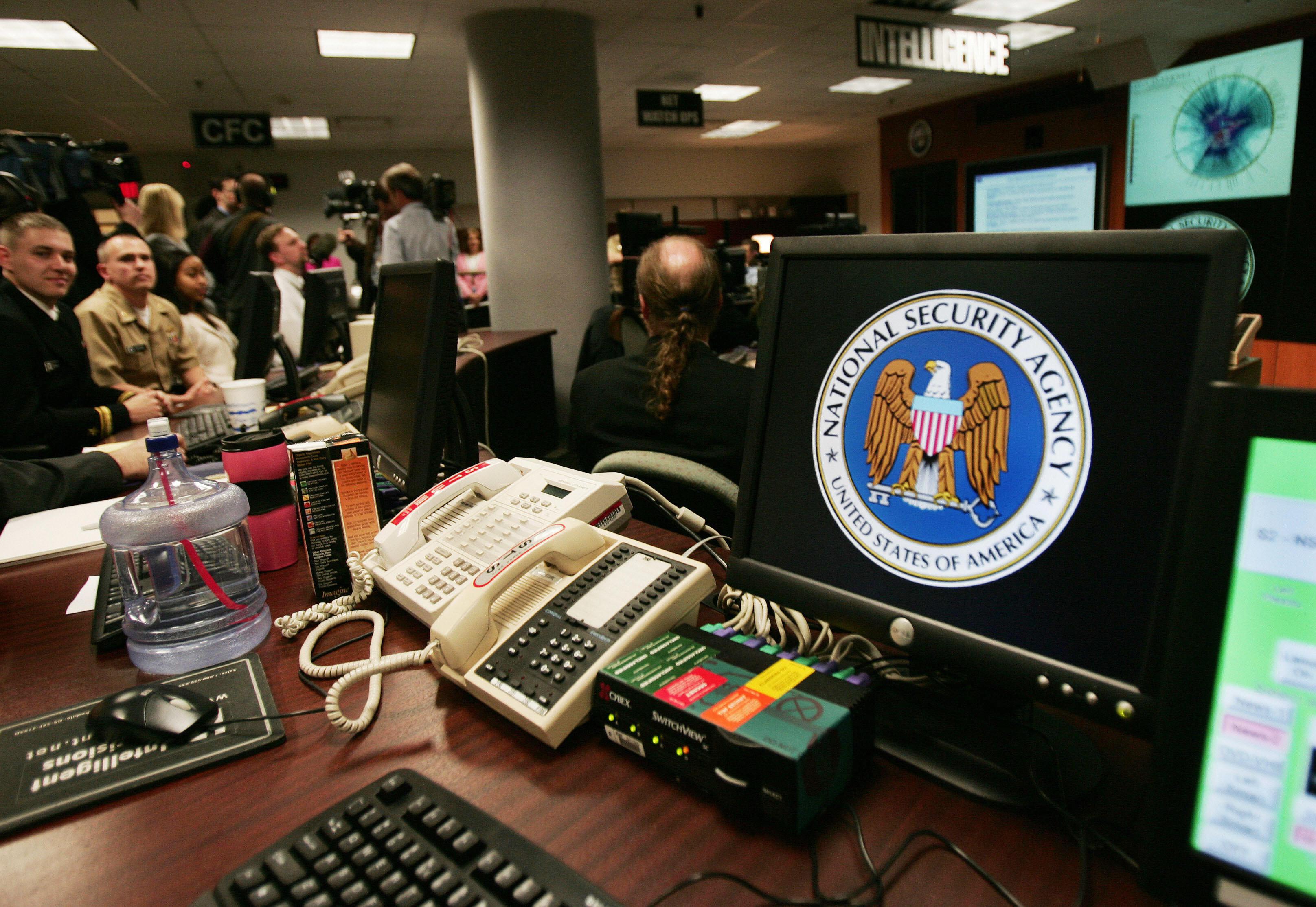A bipartisan bill introduced in the Senate on Tuesday would end the bulk collection of Americans’ telephone records by the National Security Agency under provisions in the original Patriot Act. The “Uniting and Strengthening America by Fulfilling Rights and Ensuring Effective Discipline Over Monitoring” (USA FREEDOM) Act of 2015 is co-sponsored by Sens. Patrick Leahy (D-VT), Mike Lee (R-UT), and eight other members and is designed to address the “sunset” date of June 1 on some of the most controversial surveillance programs enacted after the 9/11 attacks.
The bill would require the NSA to seek phone records on individuals from their service providers rather than compiling the information in bulk, and would free up companies that receive requests to disclose at least the volume of records they turn over to the government. It would also “provide for an advocate for the public’s privacy rights at the Foreign Intelligence Surveillance Court, which generally hears only the government’s side of an argument,” according to the Washington Post. The FISC approves government requests for information in more than 99 percent of the cases it hears.
The Leahy-Lee bill comes on the heels of a proposal by Senate Majority Leader Mitch McConnell to extend the data collection program in its current form until the year 2020. But with the exception of Intelligence Committe Chairman Richard Burr, McConnell’s “straight reauthorization” idea hasn’t caught on with the Senate GOP. Presidential candidate Sen. Ted Cruz is one of five Republicans who have already signed on to the Leahy-Lee bill. In a statement sent to Slate by email, Sen. Cruz said that “Americans deserve nothing less” than reforms to keep them safe from terrorism while safeguarding their privacy.
The USA FREEDOM Act of 2015 strikes the right balance by ending the National Security Agency’s unfettered data collection program and implementing other surveillance reforms, while at the same time preserving the government’s ability to obtain information to track down terrorists when it has sufficient justification and support for doing so.
The Washington Post reports that an identical bill will be introduced in the House of Representatives by Republican Rep. Bob Goodlatte, Chairman of the Judiciary Committee. A similar measure passed the House by a wide margin in 2013.
A different bill was introducted in the House back in March to address the issue but has been languishing in committee. Even if it gets to a floor vote, it’s not clear what the chances of passage are for the Surveillance State Repeal Act, which takes the straightforward approach of simply “repeal[ing] the USA PATRIOT Act and the FISA Amendments Act of 2008.”
